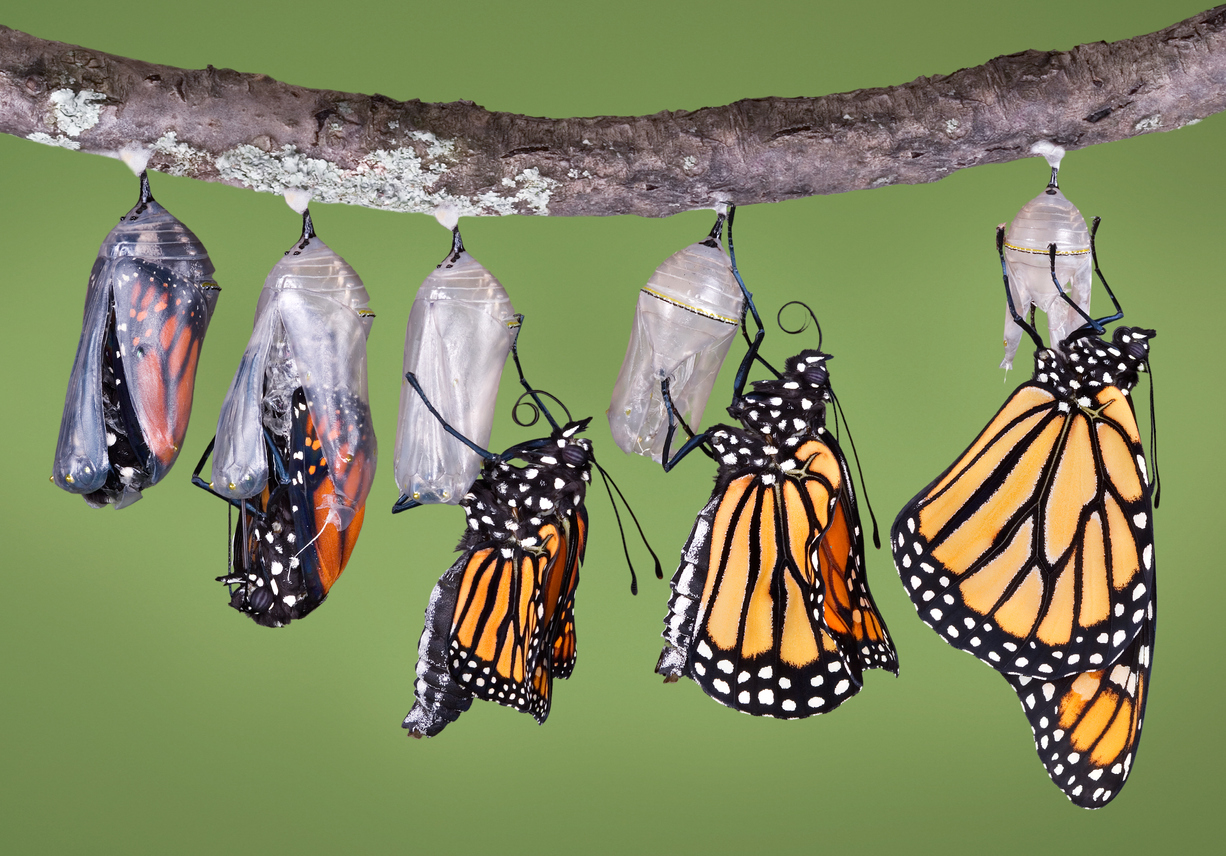Back in 1988 when I sobered up and went to lots and lots of 12-step recovery meetings, I often heard the saying “we’re just a bunch of drunks and junkies.” Even though I knew I fit that description because of my using substances to change the way I felt, owning that description didn’t feel very good. Actually, it was quite derogatory and even then it wasn’t okay for me personally to promote that description of what “we” were to others.
Briefly, let me explain that addiction is when an individual uses a substance or behavior to change the way their brain processes the chemicals that make us “feel.” This can include gambling, sex, spending money, religion, food, work, the use of legal or illegal substances and the list goes on. All of these actions affect the dopamine level in our brains and stimulate in some way what is called the brain’s pleasure center resulting in a feeling of euphoria. Substance use disorder is a subset of addiction where the brain responds chemically to the substance or drug used creating this “euphoric” effect. (Remember, I am not a doctor. This is a very elementary, layman’s terms definition.) Add on top of this biological disease, emotional and environmental dysfunction, poor coping skills, trauma and/or mental illness and you have a very complicated illness.
I had an opportunity to attend the National Council for Behavioral Health’s 2016 Conference in Las Vegas this March. In between a helicopter ride into the Grand Canyon and a terrible loss on the penny slots, I attended several sessions that were both educational and enlightening. Among them was a talk given by Dr. Nora Volkow, Director of the National Institute on Drug Abuse (NIDA) since 2003. Dr. Volkow is well known for her work on the chemical basis of drug addiction, confirming once again that addiction is a medical problem and not a character flaw or moral choice. I recommend you listen to her talk on Addiction: A Disease of Free Will. Take time to explore NIDA’s website, there is so much information provided that aids in understanding the disease, the research and what still needs to be done to bring addiction/substance use into the same conversation as having diabetes, heart disease or any other chronic disease.
No one should ever be called a drunk or a junkie. These are demeaning labels applied to persons with a debilitating disease. I cannot tell you how thankful I am that we have come so far in the study of addiction and what is now defined by the DSM5 as Substance Use Disorder. That I have chronic, long-term disease, which I can recover from and live a productive, contributing life provides me with hope not only for myself but for all the others who suffer from all addictive disorders. For more information, check out Faces and Voices of Recovery and Young People in Recovery.
I am a person in long-term recovery. I believe there should be no shame attached to having a long-term, chronic condition. I celebrate my victory along with all the other persons who live in recovery, we have a responsibility to get the word out, to change the conversation. What can you do today that will engage, educate and transform public perception of the disease of addiction and substance use?
If you or someone you know needs help, please call MHMR’s ICARE Crisis line at 817-335-3022 or 800-866-2465.












